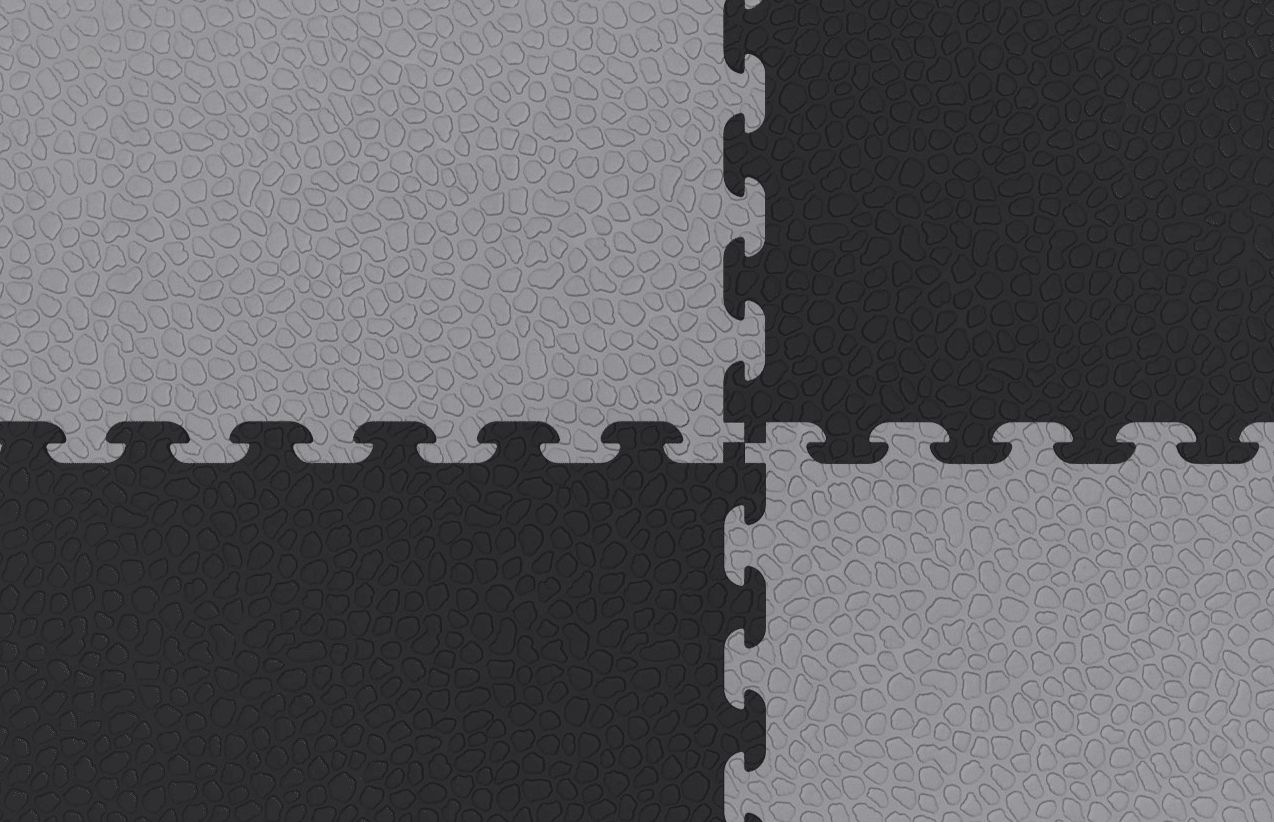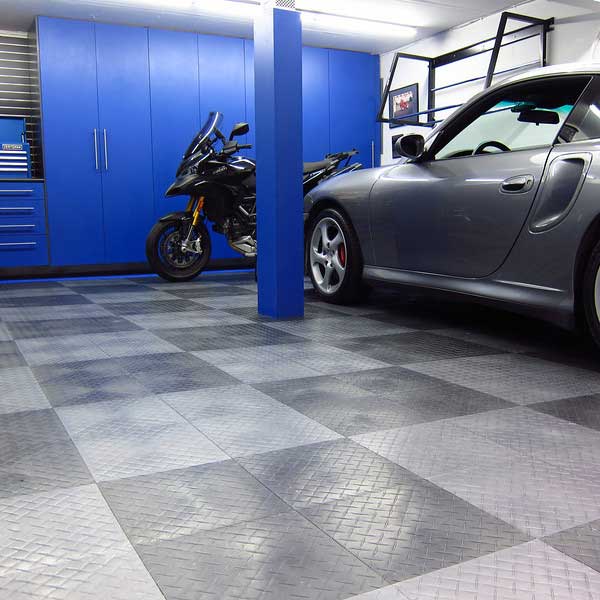You’ve decided to upgrade your garage floor, and you’re eyeing the versatility of garage floor mats or the customizability of garage floor tiles. Good choice! But before you roll out that mat or snap those tiles into place, a common question often surfaces: “Do I need to apply a concrete sealer first?” It’s a valid concern, and the answer isn’t always a simple yes or no. At Garage Flooring LLC, we’re here to demystify concrete sealers and help you understand when they’re truly necessary for your specific flooring choice.
What Exactly is a Concrete Sealer?
A concrete sealer is a protective liquid applied to a concrete surface. Its primary purpose is to fill the microscopic pores in the concrete, creating a barrier that prevents water, chemicals, oil, and other contaminants from penetrating the slab. Sealers also help to reduce dusting, protect against freeze-thaw damage (especially in exterior applications), and can even enhance the appearance of the concrete. There are generally two types:
- Penetrating Sealers: These soak into the concrete and chemically react within the pores, providing protection from within without forming a film on the surface.
- Topical Sealers: These form a protective film or barrier on the surface of the concrete, offering a degree of shine and surface protection.
The Role of Moisture Vapor Transmission (MVT)
Concrete is a porous material that can allow moisture vapor from the ground to travel upwards – a process called Moisture Vapor Transmission (MVT). While MVT is a constant, its severity varies greatly depending on your region’s climate, soil conditions, and whether your slab has an underlying vapor barrier. This moisture can be a significant issue for epoxy coating or polyurea coating that bond directly to the concrete.
Do Mats or Tiles Need a Concrete Sealer?
Here’s where the distinction becomes important:
1. Garage Floor Mats:
- Generally, NO for Top Protection: For most roll-out garage floor mats, a concrete sealer is not required beforehand for the mat to perform its primary function of protecting against spills from above. These mats are designed to contain spills on their surface, preventing them from reaching the concrete.
- Protecting Against Under-Mat Contaminants: However, if you anticipate chemical spills (like oil or battery acid) or road salts potentially getting underneath the mat (e.g., around the edges, or if the mat is moved frequently), then applying a penetrating concrete sealer beforehand can be highly beneficial. Bare concrete is porous and can be stained or damaged by these aggressive substances if they seep under the mat. A sealer provides an additional layer of protection directly to the concrete itself.
- Managing Trapped Moisture: Mats are non-porous. If water or moisture vapor gets trapped underneath from MVT or spills, it can lead to mold, mildew, or a “sweating” concrete issue. Many quality garage mats can be easily moved or lifted periodically to allow the concrete beneath to dry out, mitigating this problem.
2. Garage Floor Tiles:
- Generally, NO, for Moisture Management: For most of our garage floor tiles, a concrete sealer is not required for installation, primarily because of how they handle moisture. Many of our interlocking tiles feature specially designed airflow channels on their underside. These channels are crucial because they allow air to circulate beneath the tiles, enabling any moisture vapor rising from the concrete to evaporate naturally. This design prevents moisture from getting “trapped” and building up pressure against the underside of the tile, which can be an issue with fully adhered or impermeable flooring. For typical levels of MVT, these airflow channels effectively manage the moisture, allowing it to dissipate harmlessly.
- When a Sealer Might Be Needed for Chemical/Salt Protection: While the airflow channels are excellent for moisture vapor, if you anticipate chemical spills or significant amounts of road salts getting through the tile seams and onto the concrete beneath the tiles, then a penetrating concrete sealer applied beforehand is highly recommended. The tiles themselves are resistant, but the concrete underneath is not. A sealer will provide an added layer of defense to the concrete itself against these corrosive and staining substances.
- Consider Severe MVT: If your concrete has a known, severe, and persistent moisture problem (e.g., constant wetness, significant efflorescence), consulting with an expert might still be advised, even with breathable tiles, to determine if a more comprehensive solution is needed.
The Bigger Picture: Dusting and Hardening
Even if not strictly required for moisture, applying a penetrating concrete sealer (like a silicate or densifier) to your bare concrete before installing mats or tiles can offer other benefits:
- Dust Reduction: Sealers significantly reduce concrete dusting, which can otherwise accumulate under mats or seep through tile seams.
- Surface Hardening: Penetrating sealers harden the concrete surface, making it more resistant to abrasion and minor wear.
- Cleanliness: A sealed surface is generally easier to clean if you ever remove the mats or tiles, or for areas of exposed concrete.
Making the Right Choice for Your Garage:
For garage floor mats and garage floor tiles, a concrete sealer for moisture protection is often not a necessity, particularly due to the breathable design of many tiles. However, understanding your concrete’s condition and the benefits of a sealer can help you make the most informed decision.
If you have concerns about significant moisture or simply want the added benefits of concrete hardening and dust reduction, a penetrating sealer might be a worthwhile investment regardless of your top layer.
Ready to find the perfect flooring solution for your garage?




